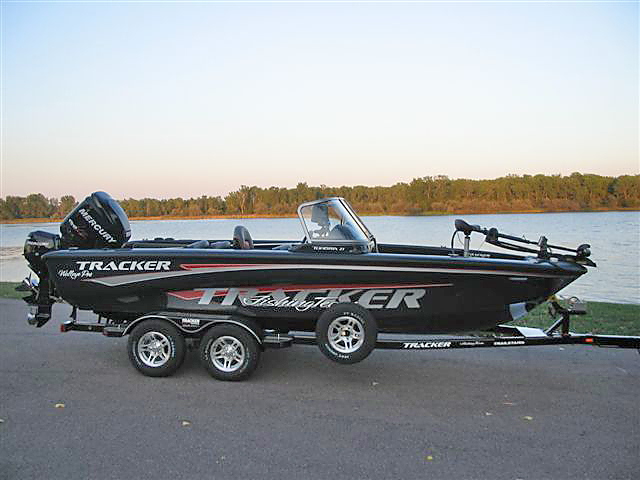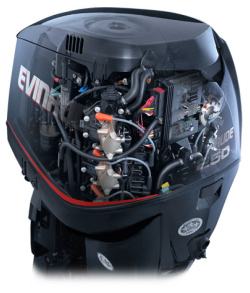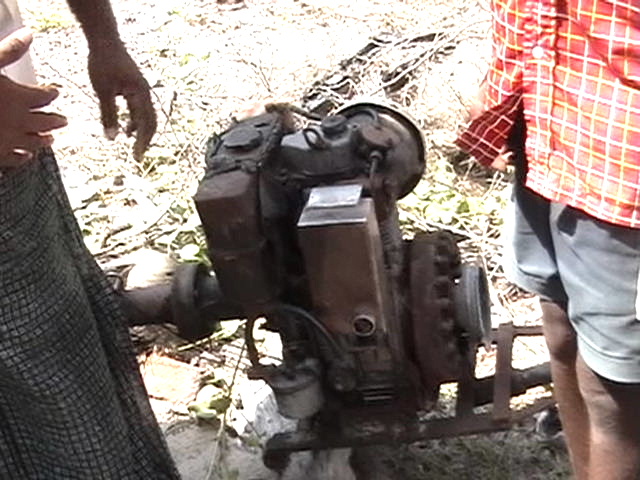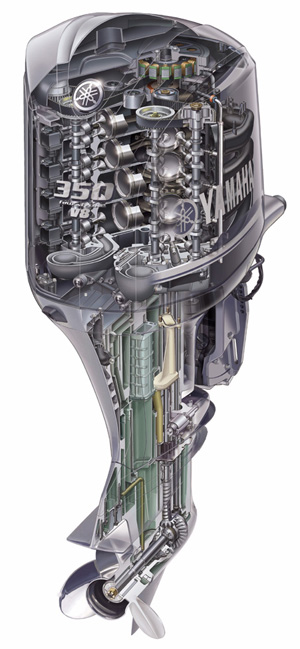Yamalube 2M Oil for HPDI Engines
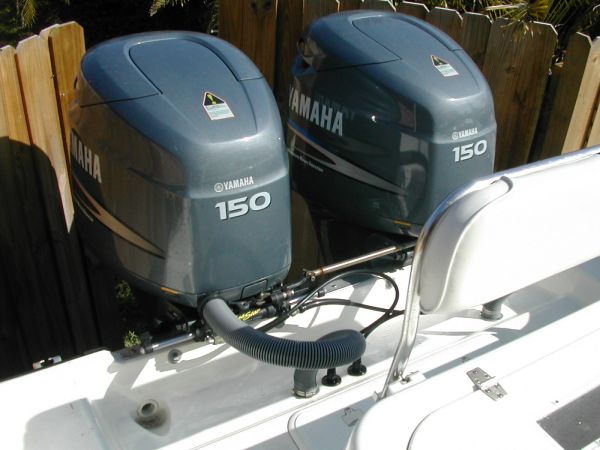
Without a doubt, Yamalube 2M is the oil to use in Yamaha HPDI engines. While it’s possible to use other brands of two stroke oil without voiding the warranty, Yamalube 2M oil is the clear choice of boat owners who want the most out of their engines. There are several subtle differences between Yamalube 2M oil and the oil of other leading competitors. One central difference is the additives in Yamalube 2M that reduce the buildup of carbon in the engine. In addition, there are other additives to reduce condensation in the gas tank, and ensure the engine continues to operate at peak performance. It’s possible to save some money purchasing a cheaper two stroke oil, but the money saved on purchasing an inferior brand of oil is far insignificant to the cost of boat ownership. Yamalube 2M oil preserves the condition of the engine, and overall the engine will require less maintenance over its lifetime.
Compared to other two stroke oils, Yamalube 2M oil also accomplishes more with less; most HPDI engines will use just a little oil compared to other engines, and due to this, the HPDI owner saves a lot with the reduced fuel consumption.




